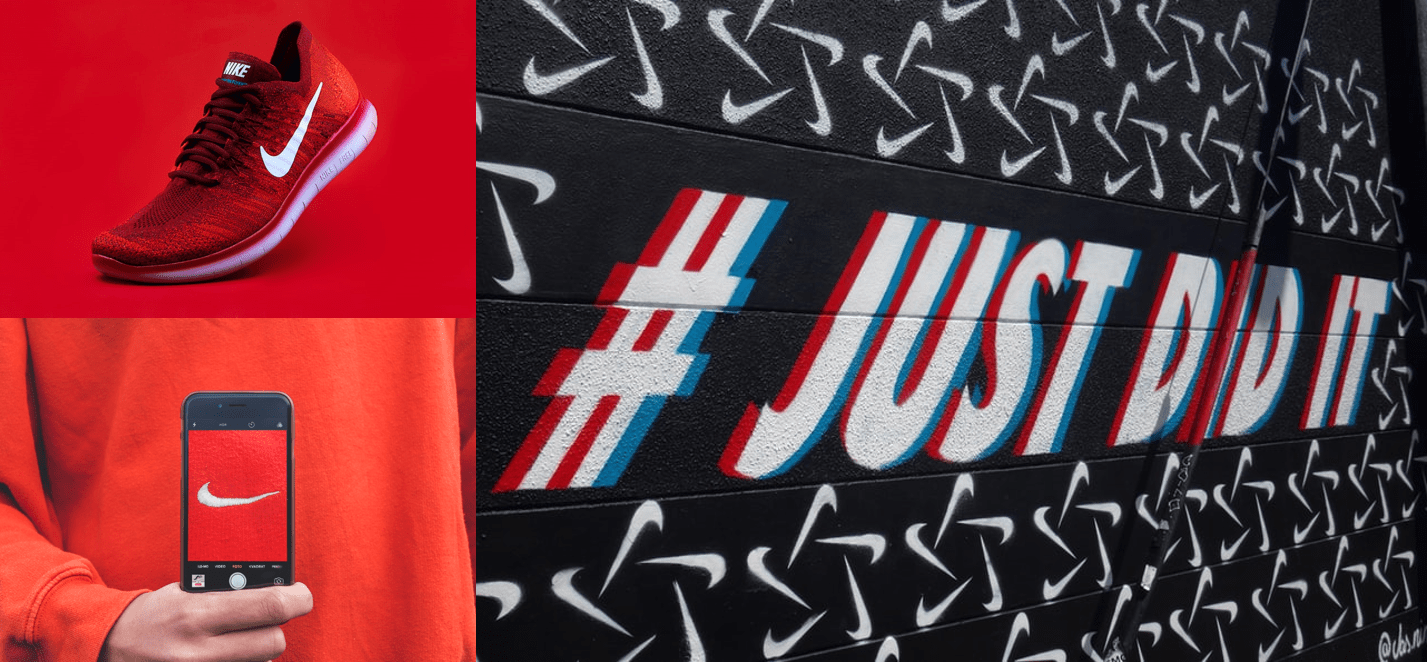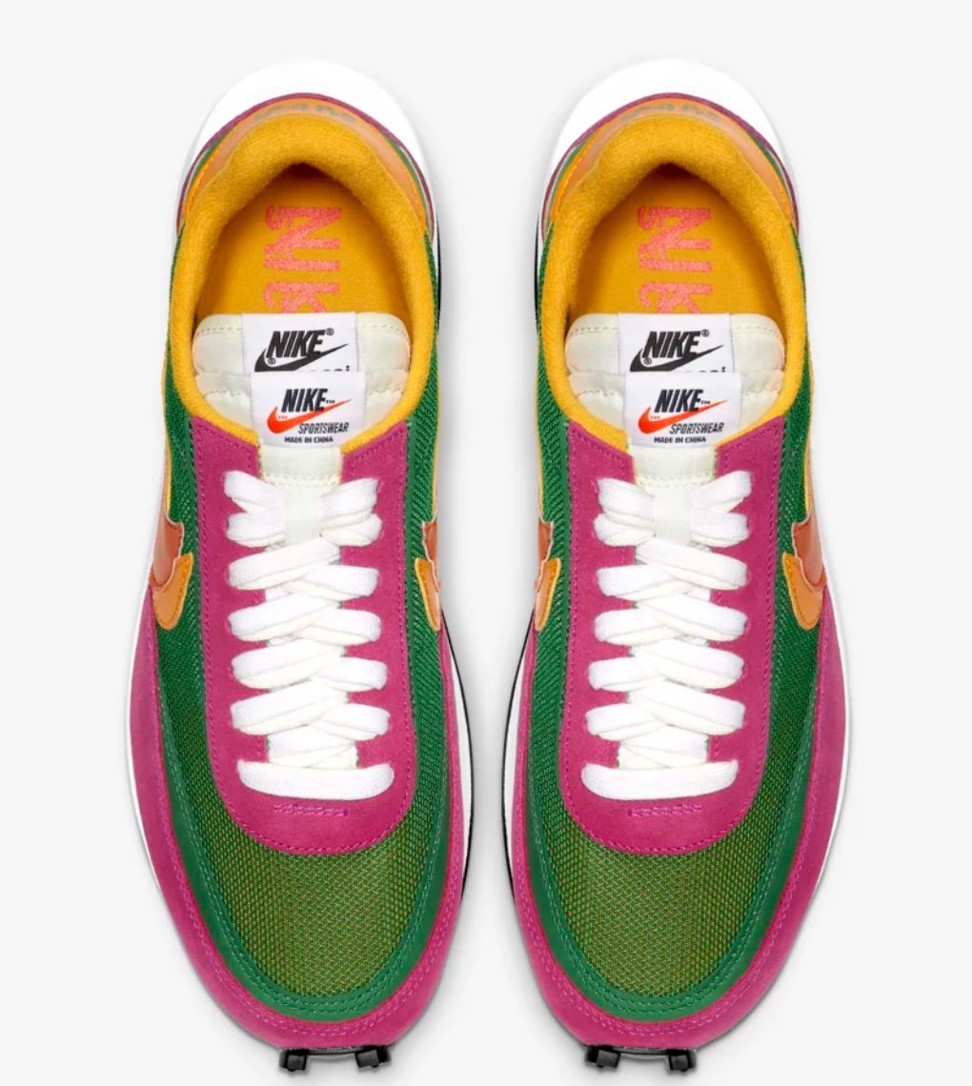Nike plans to create a digital asset for its limited-edition footwear on Ethereum

The maker of Nike received a patent to tokenize shoes on the Ethereum blockchain. According to the patent, Nike intends to use the Ethereum blockchain to generate a unique digital asset for limited-edition footwear.
How the token functions:
When a consumer buys limited-edition footwear, a digital representation (or avatar or limited-edition virtual collectible) of the footwear is generated.
Using the digital asset, Nike buyers can securely trade or sell the digital shoe, store, or “breed” the digital shoe to create a shoe offspring, similar to crypto kitties.
Limited-edition: Money-making opportunities for its owner.
The footwear market has developed its own unique culture over the course of the last half-century. While there are more brands and options available today, exclusive limited-edition is still a major factor in the industry.
The scarcity of these limited-edition shops has opened opportunities. Sites like Goat and StockX bridge the gap between customers hungry to purchase these fashion trends.

Take for instance – The Sacai x Nike collection.
This fusion between Nike and the Japanese fashion label Sacai is a prime example of this phenomenon. It features two Nike shoes fused together, for a result of “double” everything: swooshes, tongues, and laces.
They come in several iterations, all retailing at an original price of US$140 to US$160 on the Nike website. Due to its limited-edition sale, now you find them at places like Goat and StockX for over US$800.
Now with Nike limited-edition shoes, owners get a digital avatar of the shoe and can breed to create more offspring. The digital asset also provides rights to the offspring(breed) owner to set the limit for the total number of clones that can be actually produced (custom made) in the real-world based on rules of acceptable shoe manufacturability. This brings money-making opportunities for its owners.


Comments are closed.